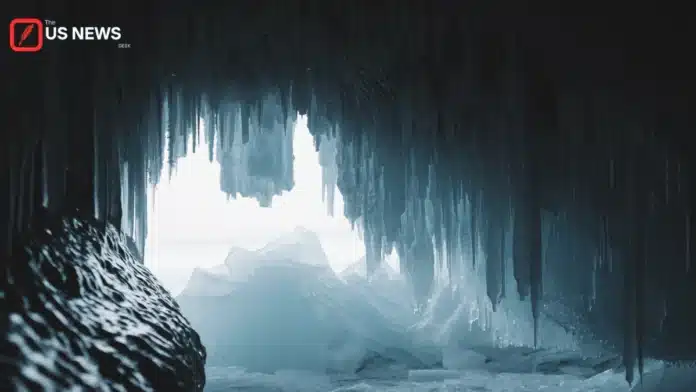Washington, D.C. —
For decades, the scientific consensus has been clear: human-driven climate change is rapidly warming the planet. Yet behind the consensus lies an intriguing scientific divide that has gained quiet attention among researchers. Some scientists argue that our fossil fuel emissions may actually delay the onset of the next ice age, while others believe global warming could disrupt natural climate cycles so severely that it may, paradoxically, accelerate long-term cooling trends in the future.
This debate challenges the mainstream narrative, raising questions about the complexity of Earth’s climate system and the limits of current models.
Understanding the Ice Age Cycle
Earth’s climate is influenced by a series of orbital patterns known as Milankovitch cycles, which determine how much sunlight the planet receives over tens of thousands of years. Historically, these cycles have triggered alternating ice ages and warmer interglacial periods.
The last ice age ended about 11,700 years ago, ushering in the current Holocene epoch. Under natural conditions, scientists estimate the next glacial period would not be expected for at least another 50,000 years. But human interference has added a new variable.
The Argument for Delay
One camp of researchers believes industrial-era emissions of carbon dioxide have fundamentally altered Earth’s trajectory. A 2016 study published in Nature argued that the massive buildup of greenhouse gases could effectively “cancel” the next ice age, locking Earth into an extended warm state.
The reasoning is simple: by adding greenhouse gases faster than any natural process, humans are counteracting the natural orbital-driven cooling. Supporters of this view often point to the unprecedented rise in CO₂ levels — now surpassing 420 parts per million — as proof that the planet will not cool in the foreseeable future.
The Argument for Acceleration
Yet not all scientists agree. Some climatologists warn that warming could destabilize key climate systems, such as the Atlantic Meridional Overturning Circulation (AMOC). If these systems collapse, the Northern Hemisphere could cool dramatically, triggering ice growth sooner than expected.
Recent observations of Greenland’s rapid ice melt and shifts in ocean salinity suggest feedback loops that may tip the system in unexpected ways. A 2022 report from the National Academy of Sciences cautioned that the AMOC slowdown could bring colder winters to Europe and North America — ironically accelerating regional cooling trends despite overall planetary warming.
Why the Divide Matters
The debate is not about whether global warming is happening — that fact is undisputed. Instead, it is about the long-term implications for Earth’s natural cycles. The question of whether we are postponing or hastening the next ice age underscores how incomplete our understanding of the climate system still is.
For policymakers, this uncertainty poses a dilemma. Should humanity focus solely on the immediate dangers of warming, or also prepare for unexpected shifts that could arise from disrupted natural cycles?
Implications for the U.S.
For the United States, the stakes are high.
- Energy Infrastructure: Both extreme heat and potential long-term cooling could test power grids already under strain.
- Agriculture: Shifts in seasonal patterns could devastate crop yields, especially in the Midwest.
- National Security: Climate instability could reshape migration patterns and international conflicts, affecting U.S. interests abroad.
A Scientific Mystery Still Unfolding
While some media portray climate science as fully settled, the reality is more complex. Earth’s climate has always been a shifting, dynamic system, and human interference is adding layers of unpredictability.
“The truth is, we don’t yet know how far-reaching our impact will be on natural cycles,” said Dr. Martin Keller, a climatologist at the University of Colorado. “We may be preventing the next ice age — or we may be setting the stage for it to come sooner in a form we’re not prepared for.”




